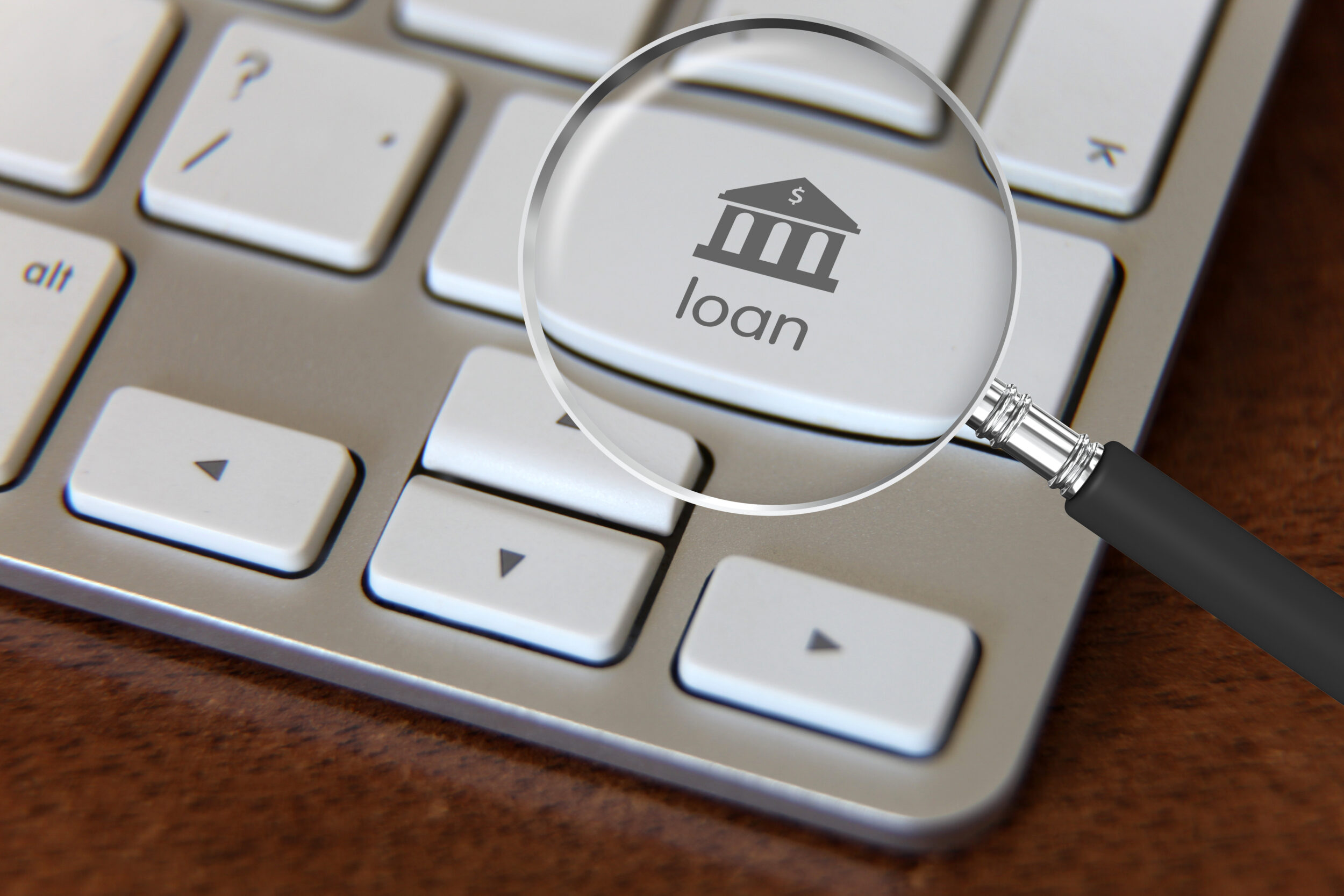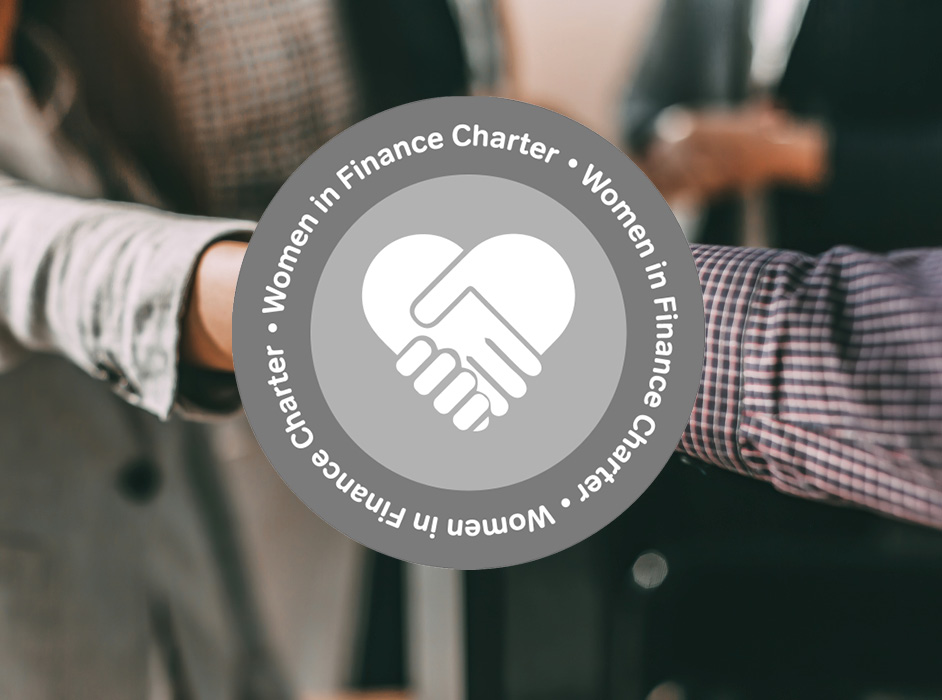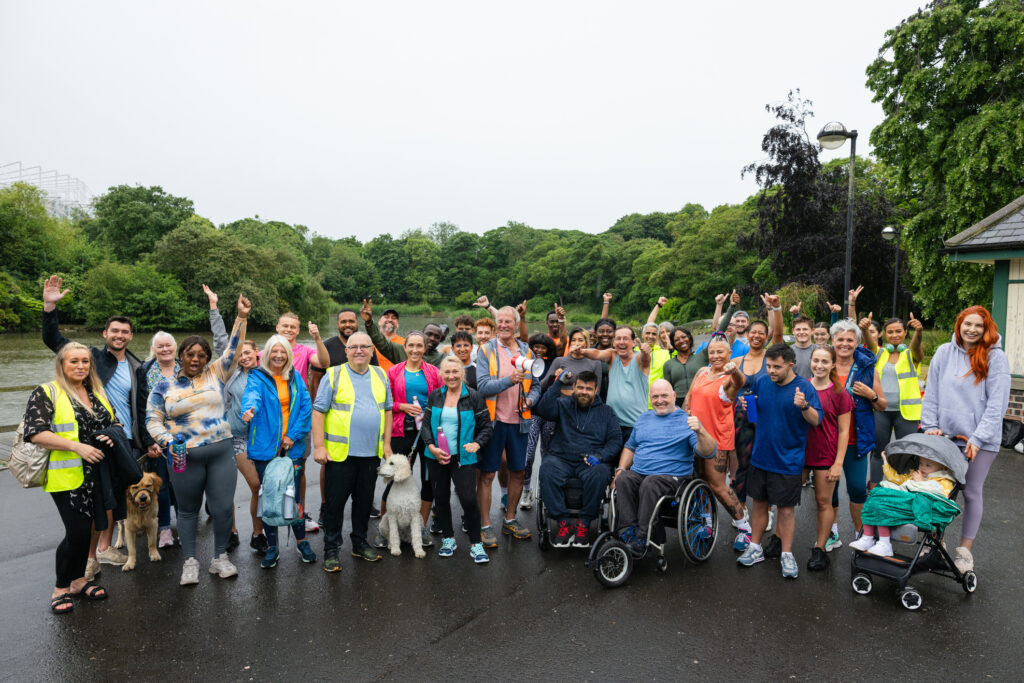
Renting to ownership – could it be the right move for you?
No matter what the mission or size of your charity or social enterprise, renting can often feel like a drain on your resources. A huge outgoing expense that provides no real security or return, it can also restrict opportunities to develop or expand.
While taking out a loan to purchase a property may seem daunting, it can sometimes make the most financial sense. Long term, it could not only save you money but could open up new revenue streams and help to support the growth of your organisation.
Here, Carolyn Sims of Charity Bank outlines five reasons that moving from renting to property ownership can be beneficial for some charities and social enterprises:
1. It can save costs
Loan repayments can often end up cheaper than paying rent. This saving will generally increase over time as most rental agreements are reviewed on a five-year cycle and only ever tend to go up.
If your organisation is able to purchase a property, you could save significant sums of money, which could go towards developing your services or expanding your site instead.
YMCA Burton on Trent decided to buy the furniture shop it had been renting when the rental increases became too high to make financial sense.
CEO Paul Laffey said: “Every penny we were putting into rent was income we couldn’t invest in developing our services. We talked to Charity Bank and it became clear that purchasing the shop made sound financial sense. We have ended up saving a lot of money on rent and there are benefits that come with owning our own assets.”
2. It offers long-term security
When you’re renting, you are at the mercy of your landlord. If they decide to sell the property, you could end up with a new landlord who isn’t as sympathetic to the needs and aspirations of your organisation, or you may need to relocate entirely.
Owning a property may allow you to become master of your own destiny. Taking off the chains of renting not only opens up possibilities for development but means you have an asset you can safely include in your long-term planning.
The Independent Cinema Office recently bought a head office space in London. Not only has this protected the charity from the uncertainty of ever-increasing rental costs or possible relocation, it has offered the opportunity to plan for alternative income streams. The purchased property is bigger than currently required, meaning they can let out meeting space for extra income and still have room to grow.
Founder and Director Catharine Des Forges explains: “If we stayed where we were, the charity had no assets and our costs would always increase each year. Owning a space has given us flexibility to grow and adapt for the future.”
3. It can help attract more funding
Taking out a loan to purchase a property shows other funders several important things: that there is strength in your balance sheet; that you’ve been through a due diligence process; and, importantly, that you have confidence in the growth and development of your organisation.
Owning property shows that you’re putting down roots, investing in yourselves and the future of your organisation, and these are all confidence-building factors for other funders to see.
For charity Adrenaline Alley, taking out a loan to buy the site of their urban sports centre opened up other important funding avenues. This allowed for significant expansion and development, ultimately helping increase both their income and impact.
Founder and director Mandy Young MBE DL said: “We’ve been able to attract more funding now that we hold assets. All the improvements we’ve therefore been able to make have lifted us to world class level and we now get around 10% more visitors.”
4. It is an investment in your future
Alongside giving you the security and freedom to develop as you see best, owning property can also be one of the single best financial investments for a charity or social enterprise to make.
As the loan is repaid, your balance sheet becomes stronger and, after a period of time, you could refinance or release equity against the property to free up cash for investment, expansion and development.
Over the 25-year repayment period, it is likely that the property will also significantly increase in value, meaning that you have an asset to sell on if you need to.
Charity Family Action bought a new head office space in central London with help from a Charity Bank loan. Chief Executive David Holmes CBE said: “We now have extra confidence that we can continue with our core work, knowing we have the security of a major asset that should appreciate in value.”
5. It allows you to dream bigger
Owning a property isn’t just a means to an end. Ownership is a useful tool that can open up huge possibilities for growth and put you in a stronger position for investing in your future. Whether developing current services or diversifying income streams, having an asset can allow you to dream bigger and pursue more ambitious goals.
EVA Women’s Aid has been operating for over 30 years, but since purchasing its first property six years ago it has been able to make innovative developments and plan for future growth.
Chief Executive Richinda Taylor explains: “Buying our first property set off a chain of events towards making us more sustainable. We’ve changed a lot in the last six years, proving that we’re forward thinking and not afraid to do things differently.”
About Charity Bank
Charity Bank is the loans and savings bank owned by and committed to supporting the social sector. Since 2002, we have used our savers’ money to make more than 1380 loans totalling over £580m to housing, education, social care, community and other social purpose organisations.
Nothing in this article constitutes an invitation to engage in investment activity nor is it advice or a recommendation and professional advice should be taken before any course of action is pursued.


